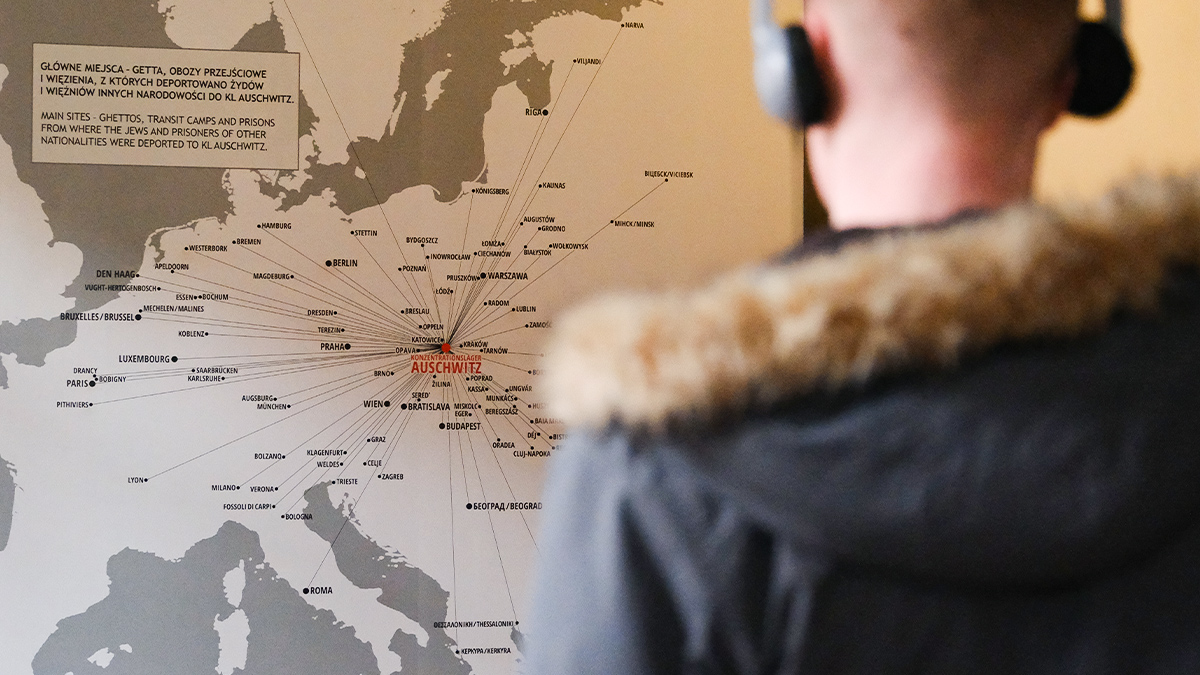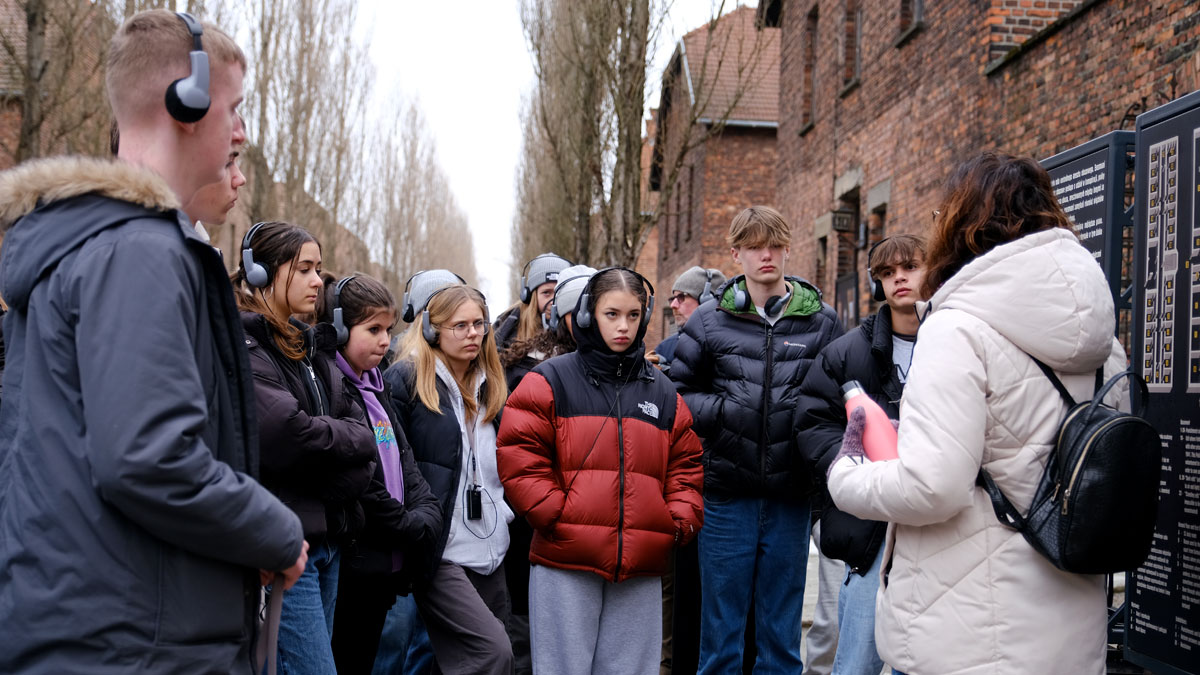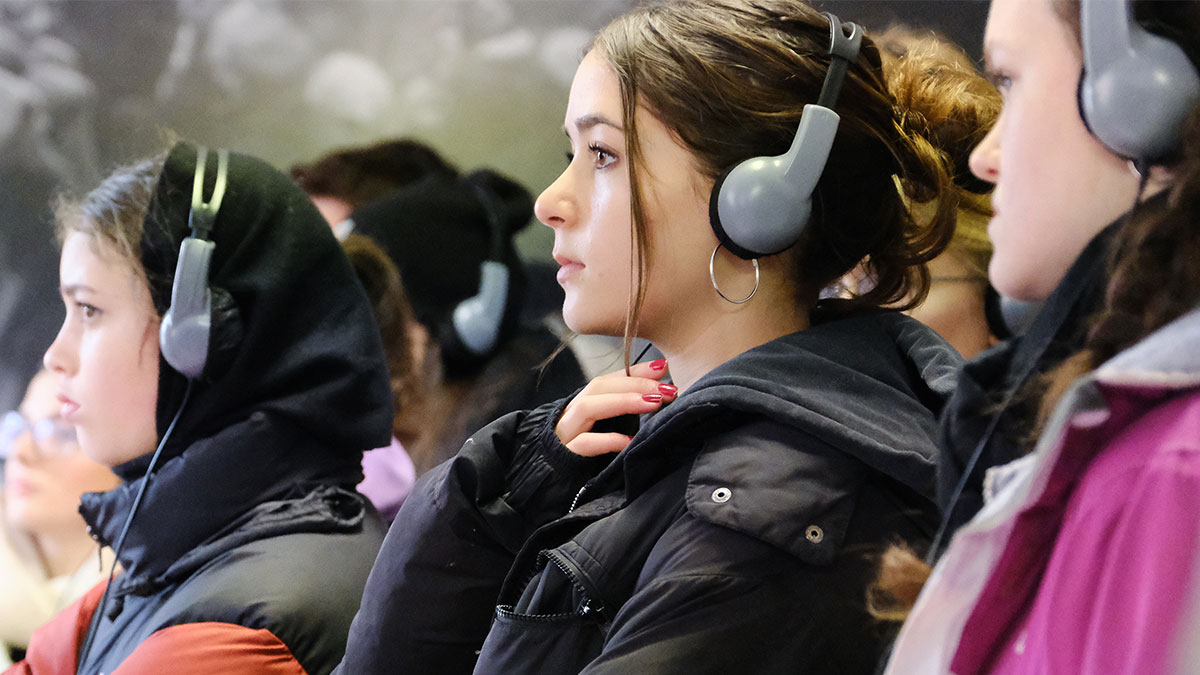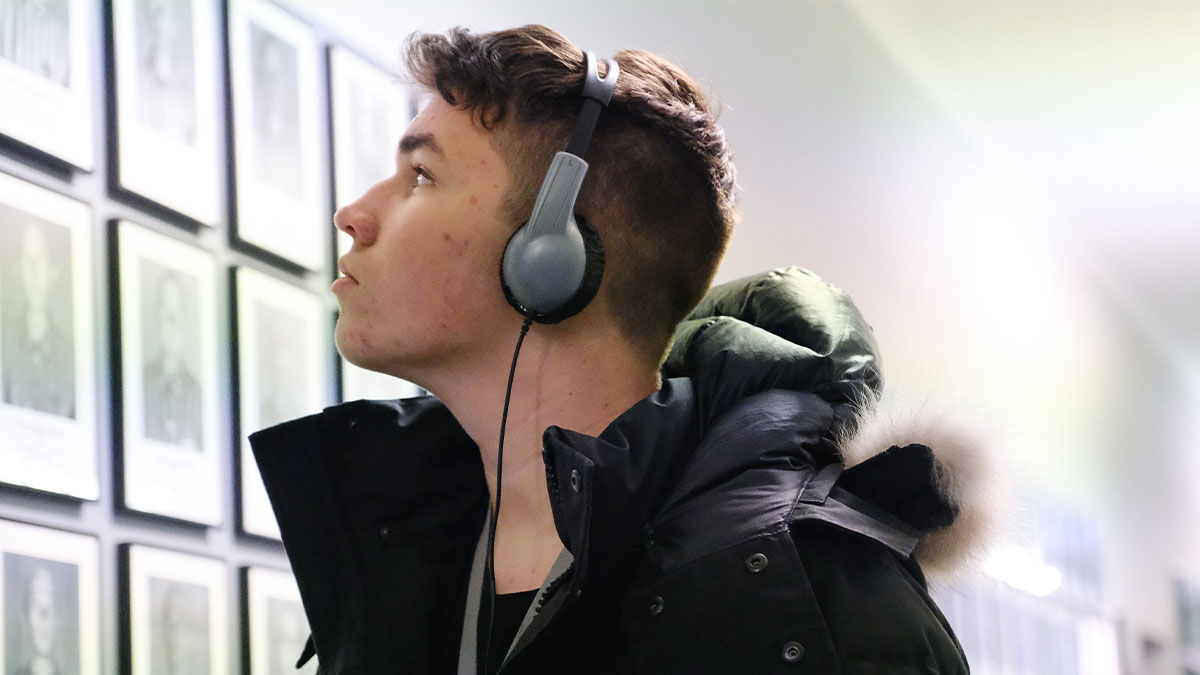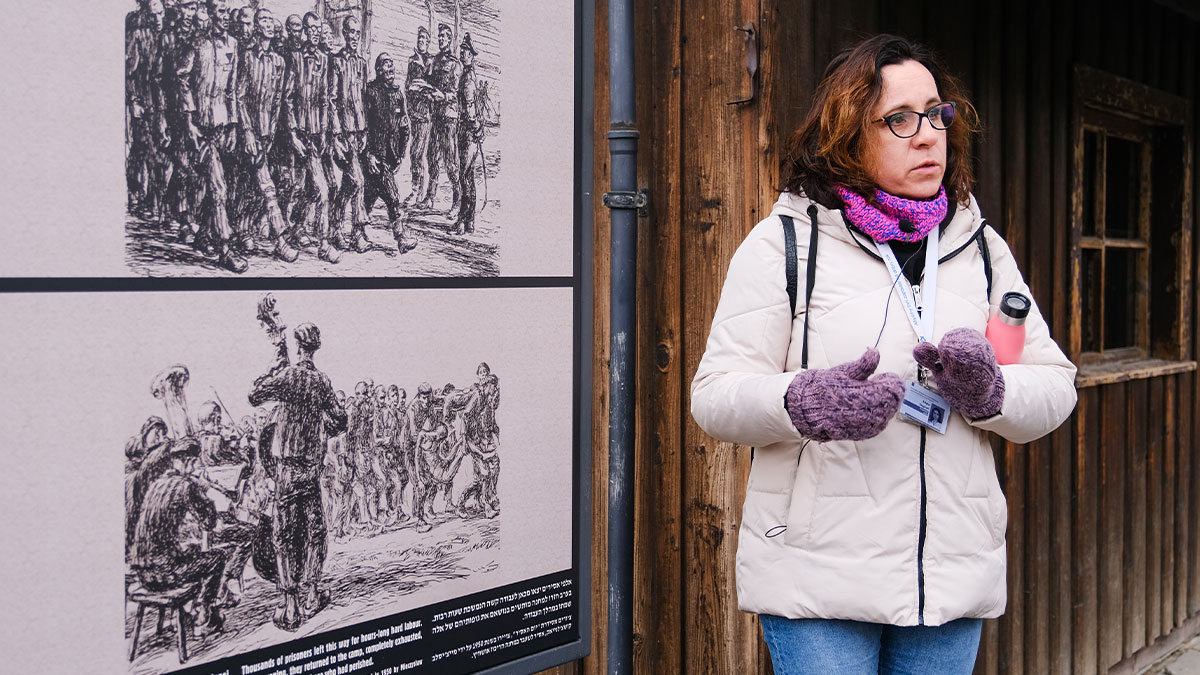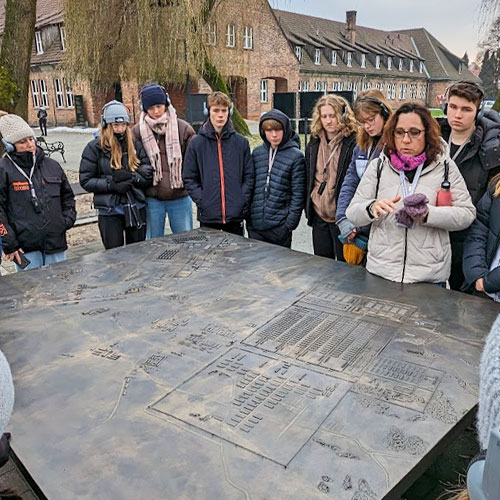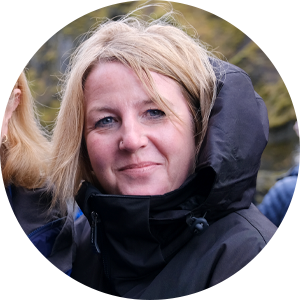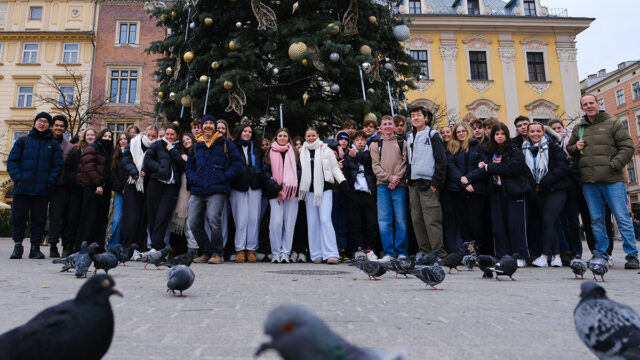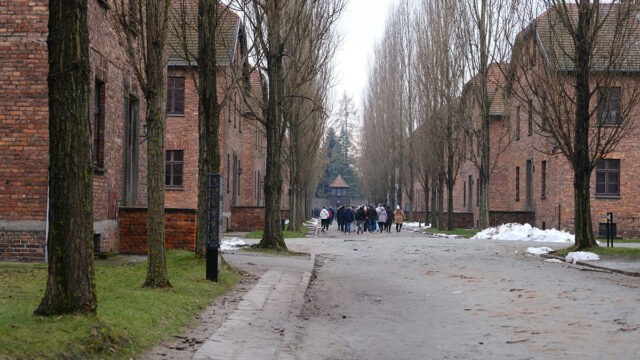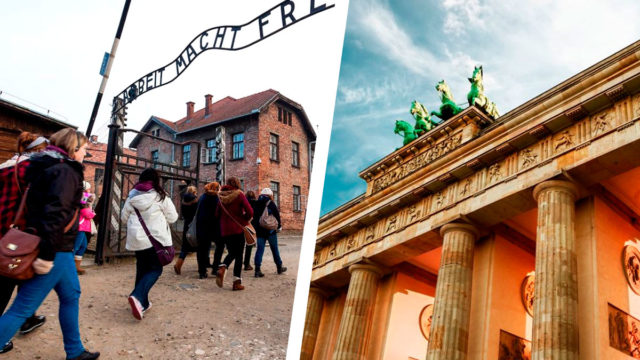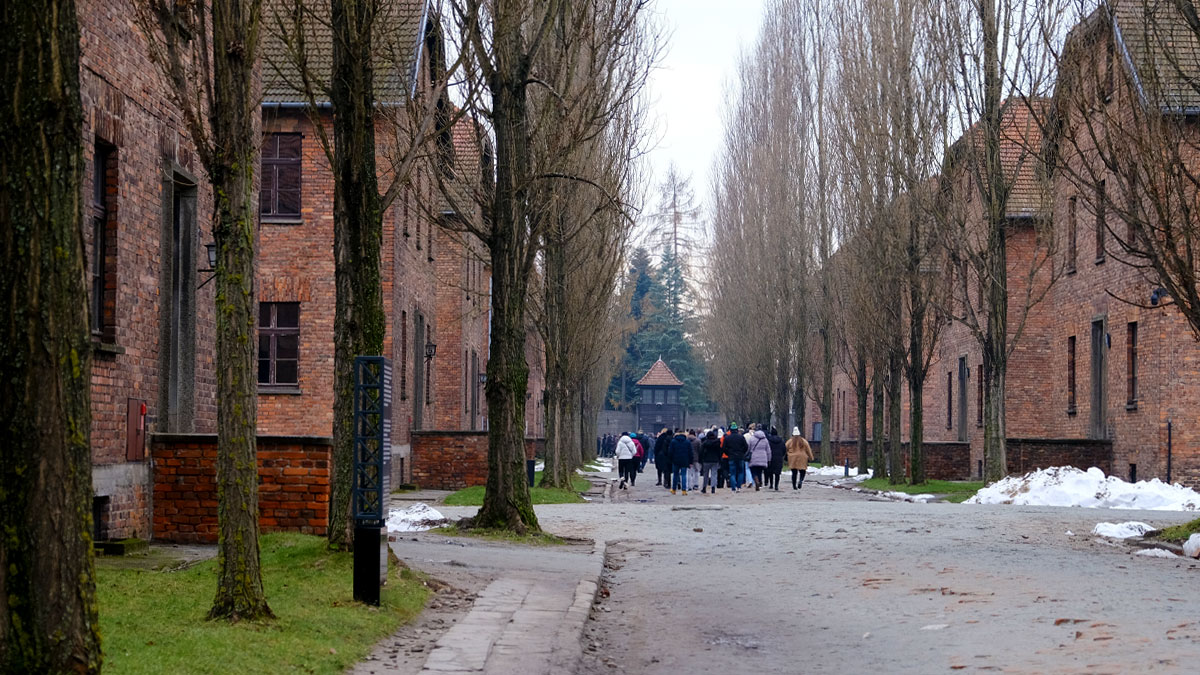
For me, venturing over to Poland for the first time with 40 students from Stockport Grammar School, joining them for their History School Trip, was a life-changing experience full of reflection, that has certainly shifted my outlook on life and firmly shaped my opinions on the positive impact that being here will have on young people.
It’s a story that deserves to be told…
I have returned home with a deep-rooted desire to document and share why I believe every student, regardless of what they are studying should experience visiting Kraków and specifically Auschwitz as part of their secondary school education.
It’s about opening young eyes wide and broadening their minds, in terms of understanding the catastrophic, cruel and quite frankly unfathomable events of Kraków’s past. There is no doubt that the big takeaway from an experience like this is that it cannot and must not be repeated.
Our overall tour was planned to tell Kraków’s history in the order in which events occurred. How Jews were normal families, living their daily lives in a happy and healthy community. ‘Normality’ – a word that would not remain for them once 1939 hit and the cruel and barbaric decisions that were set to be made by the Nazis. On speaking to Jamie, party leader at Stockport Grammar, he elaborates…
One of the great things about the trip is that there’s a real narrative arc. Beginning with the history of Kraków itself, exploring how the Jews ended up in Kraków, and how they went on to flourish here. They fully embraced their families, their town and their culture. Through tours, we give students a real insight into the normality of how families lived here – we visit the synagogues, they dine in a Jewish restaurant, enjoy Jewish music and soak up stories of the joy and normality of life here. They get to see the pictures of Jewish families, just being families and living as normal families do.
And then, of course, 1939, the Nazis arrive, and then we start to see how they’re persecuted and isolated and put into the ghetto, and then ultimately sent to the death camps.
They get that real sense of how it unfolded and the process that went into that and the sheer scale of loss of lives. Hopefully they’ll be able to recognize the signs of genocide, and where this might still be occurring in the world. It’s really important for them understand and see that in context. A massive life lesson
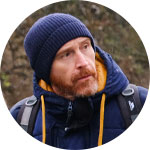
Mr. J Swann
Stockport Grammar School
